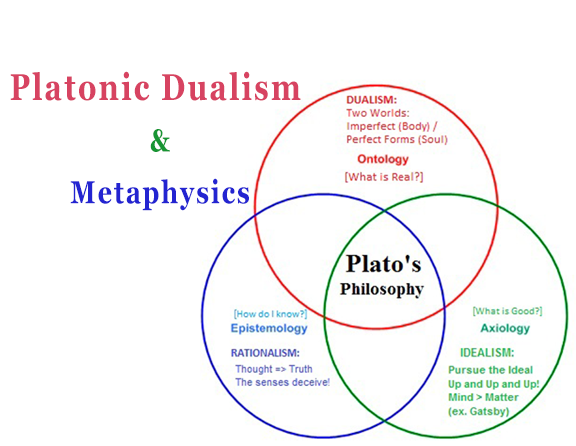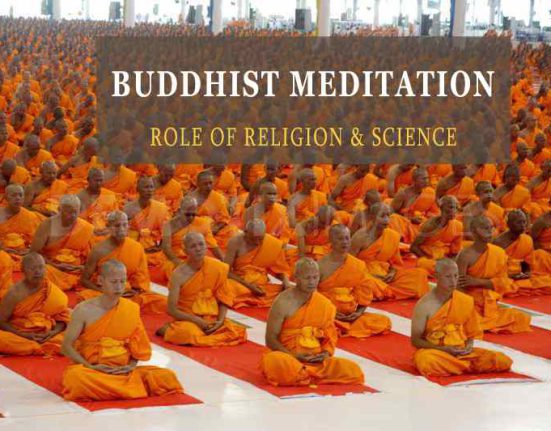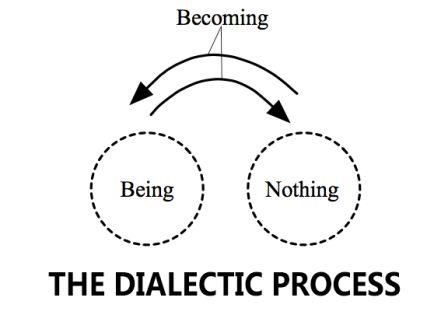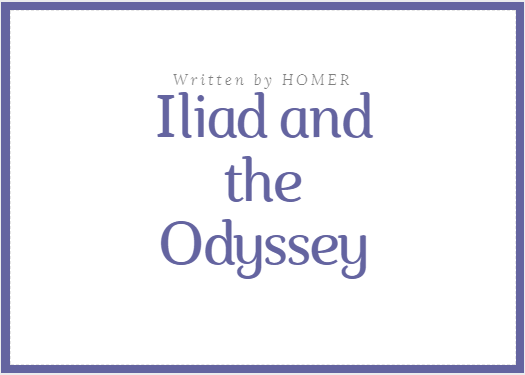philosophy of life in metaphysics explains the concept of the existence of God. The philosophy explains how the world exists and what the reality behind it is. The idea of life relies on the identification of the physical world and the external world. It is also relevant to the concept of death, that explains how human life ends. The Socratic philosophy of life illustrates the conception of metaphysics. Platonic dualism acts as a resolution.
Introduction of Metaphysical Dualism
The philosophical idea of metaphysical dualism postulates the existence of two primary, irreducible realities: the material universe and the immaterial mind or spirit. These two realities exist separately from one another.
The concept of being presented in platonic dualism solves the mind-body problem. The main concerns of duality are the belief in good and bad or God and devil. Dualism has relevance with monism, while the theory explains the connection between mind and body. It also describes the relationship between the physical and mental world.
The Concept:
Philosophers such as Plato of ancient Greece were among the first to examine the topic of dualism, which has been around for ages. They maintained that the physical world we experience via our senses is not the only domain of flawless forms, or concepts. Our bodies are a part of the imperfect physical world, but our minds are a part of this universe of flawless forms.
According to dualism, there is a fundamental distinction between the physical and mental realms. This is how it transpires:
Mental: Our thoughts, feelings, consciousness, and soul are all included in the mental domain. It doesn’t have a physical shape or place in the brain, which makes it immaterial.
Physical: Everything observable, such as our bodies, the surroundings, and the principles of physics, is included in the physical domain.
Platonic Dualism and The Concept of Life
The mind-body problem explains the connection between the physical world and the mental world. Plato conferred the idea that humans are capable of possessing both physical and mental properties. The physical features include the observable traits of humans such as weight, size, height, and motion. The psychological properties involve thoughts, IQ, and behaviors.
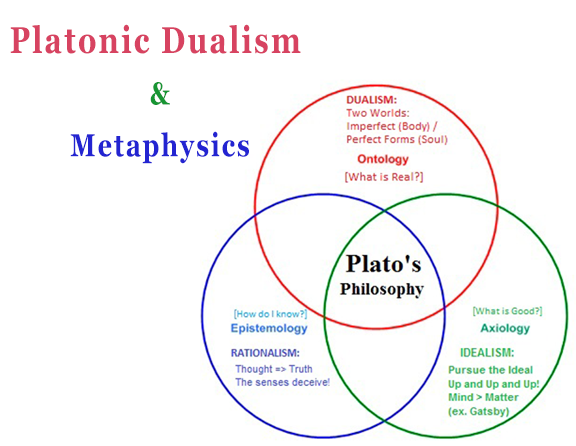
The concepts of mental and physical properties are more realistic as they explain human beings and the reasons for their existence.
Platonism promotes the belief that God is good and the supreme authority capable of taking decisions regarding the world. Plato’s idea that God is good illustrates that people must follow the rules and standards explained by religion.
Rejecting the values of religion will make the world a less peaceful place for living. Religious themes are also apparent in teaching the philosophy of life.
The epistemology of God allows humans to distinguish between right and wrong. The idea is also useful in keeping the world in an ordered and organized form.
The philosophical views of good and bad are crucial in defining human personality. The properties are also useful in explaining consciousness through emotions, feelings, and experiences.
The discussion on mental properties is more relevant to understanding human actions. As their conscious mental events become visible in their personalities. The concepts of mental and physical properties solve the problems of consciousness and unconsciousness. It further explains that the explicative nature of the mind has a significant impact on the behaviors and attitudes of humans.
The physical world is the empirical world. However, dualists think that the physical and mental worlds are both real. The problems of thought and consciousness are relevant to the mental world as they depend on mental events. Platonic dualism is useful in understanding how mind and soul work and define their relationship.
Philosophical views of Plato on mind-body are essential, as they play a vital role in explaining the reasoning behind immaterial entities and their positions.
Value of Metaphysical Dualism
Materialism, which holds that matter is the only thing that exists, is unable to explain some facts; dualism provides an explanation. Among them are:
The Subjective Nature of Experience: Each person’s experiences are distinct and subjective. Our perception and interpretation of the world are cognitive processes.
The Consciousness Problem: How does our subjective perception of the world and ourselves arise from a physical substance, the brain? A potential explanation provided by dualism is that awareness resides outside of the brain.
The Possibility of Free Will: Dualism postulates that the mind exists independently of the physical universe, which may permit the possibility of free will, or the capacity to choose without regard to predetermined causes.
It is crucial to understand the concept of death, which remains the only force behind the separation of mind and body. The ideas are realistic and applicable to current world settings, as they allow understanding of what happens to souls when a human dies.
But dualism also has its drawbacks:
The Mind-Body Dilemma: How do our behavior and experiences stem from the interaction between our immaterial mind and our physical brain?
The Immaterial World’s Nature: Where is the mind located if it is immaterial? How is it able to exist apart from the material world?
Monism against Metaphysical Dualism:
Monism, the idea that there is ultimately only one underlying reality, is in opposition to dualism. Two more subcategories of monism are idealism (everything is mental) and materialism (all is physical).
Bottom line:
Metaphysical dualism presents an intriguing viewpoint regarding the nature of actuality. Notwithstanding its difficulties, the idea remains pertinent in philosophical debates concerning the nature of awareness, the mind, and the body.
It also proves the metaphysical, epistemological question, supporting the immortality of the soul. Plato transmits the idea that souls are everlasting and that the end of the physical world does not affect souls.

